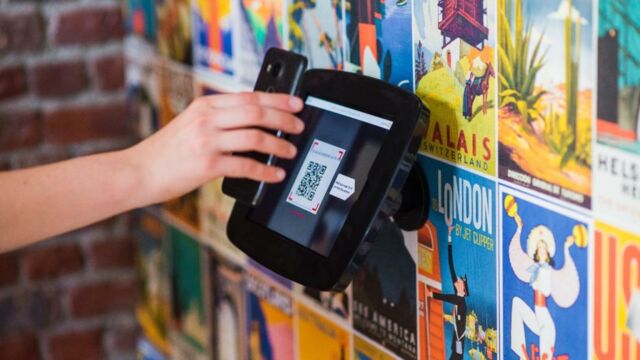QR codes have become a ubiquitous tool that adds both convenience and efficiency to many parts of our lives. They provide easy access to any link. It is, in fact, this ease of implementation that has made them good tools for scammers and hackers to leverage since they can use QR codes to route people to links that could be suspicious. Users must understand the mechanics of attacks through QR codes and how sites can be spoofed to create duplicates that allow their makers to access personal and confidential information.
Discover our latest podcast
The QR code scam
The US Federal Trade Commission has announced that scammers in the US are ‘covering up QR codes in parking meters with codes of their own’. Others may send codes through email or text and impersonate delivery services, banks, or other trusted institutions to get you to scan the QR code. The document will then redirect you to a website that most probably asks for information by pretending there’s an issue with your account or that suspicious activity was detected and logins need to be changed.
The FTC recommends that all QR codes and links should be inspected before opening the URLs. Furthermore, there are instances where a scanned QR code will download malware on a device without the user even realising it.
How to protect your information
According to the FTC, inspecting URLs before opening them is one of the most important steps to take. ‘Misspellings or a switched letter’ usually indicate a spoofed website. In addition, QR codes from unexpected text messages and emails should never be opened especially if there’s an urgency element being pushed. Lastly, updating devices to the latest operating system ensures that security protocols are up to date. Passwords should not be re-used in between accounts and most importantly if possible use a password manager to ensure your accounts are protected by the highest security measures available.
Read more:
⋙ Fraudsters scam WhatsApp users out of money with this sneaky method
⋙ WhatsApp: Users warned of scam message from known contacts, here’s what to look out for
⋙ Facebook marketplace warning issued after woman loses all her money in scam
Sources:
Federal Trade Commission: Scammers hide harmful links in QR codes to steal your information















